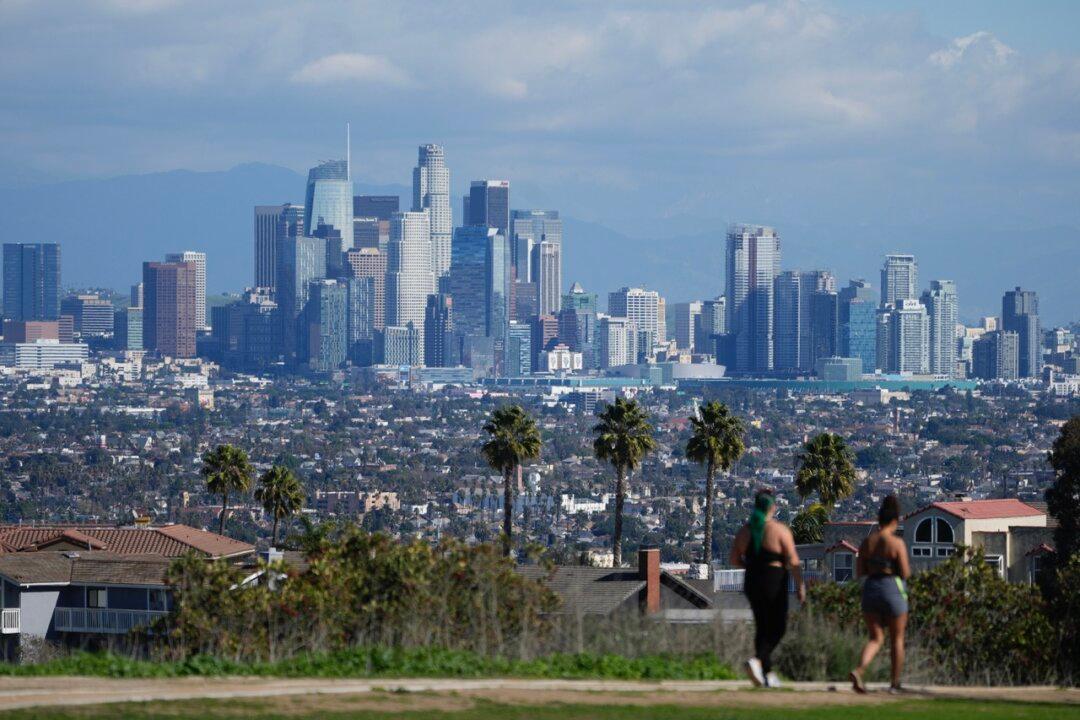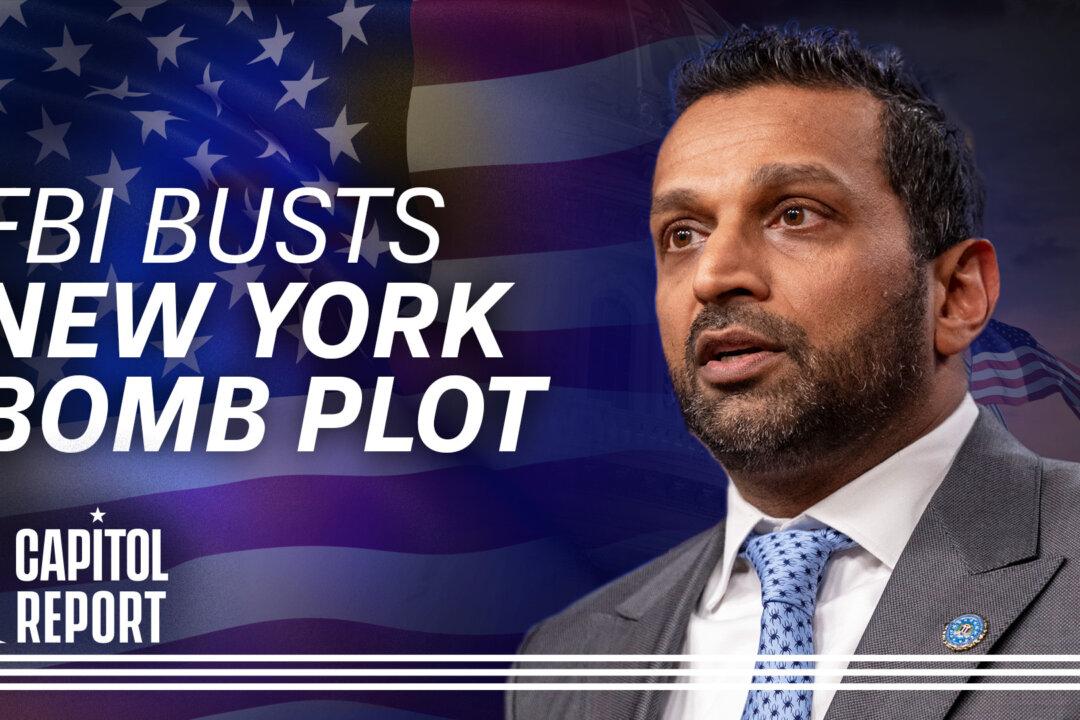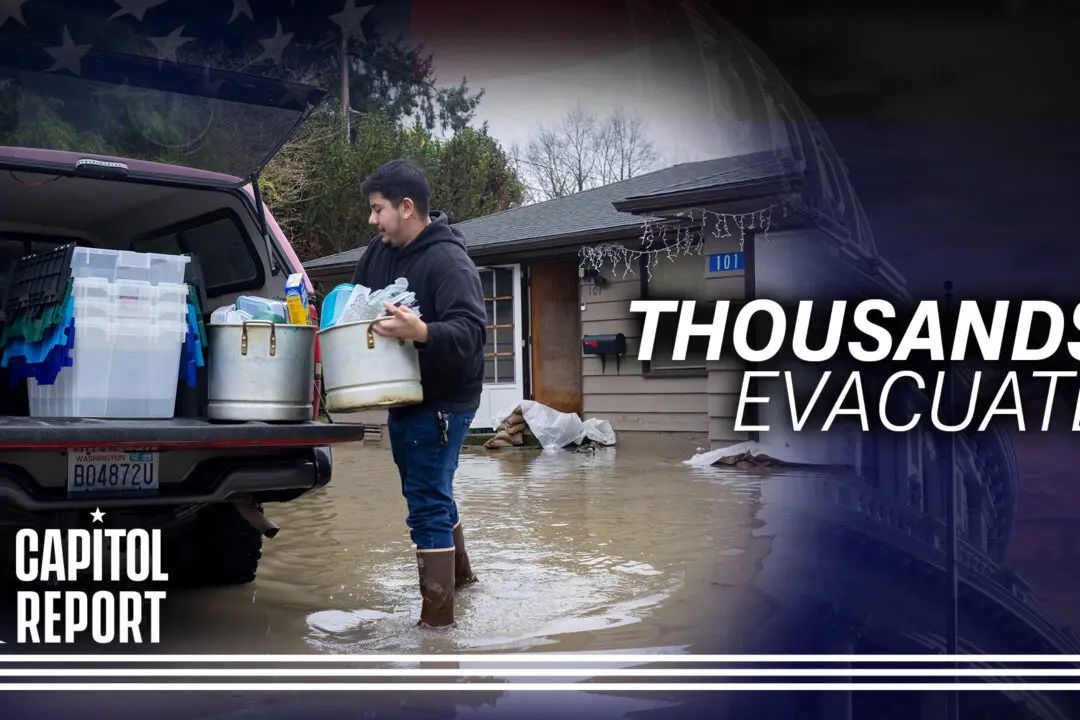More than 700,000 people left California from April 2020 to July 2022 to relocate to other U.S. states, according to U.S. Census Bureau data.
The fact that hundreds of thousands left “in light of California being such a wonderful place is ... unbelievable!” a researcher says in EpochTV’s new documentary “Leaving California: The Untold Story,” which premiered on April 21.





